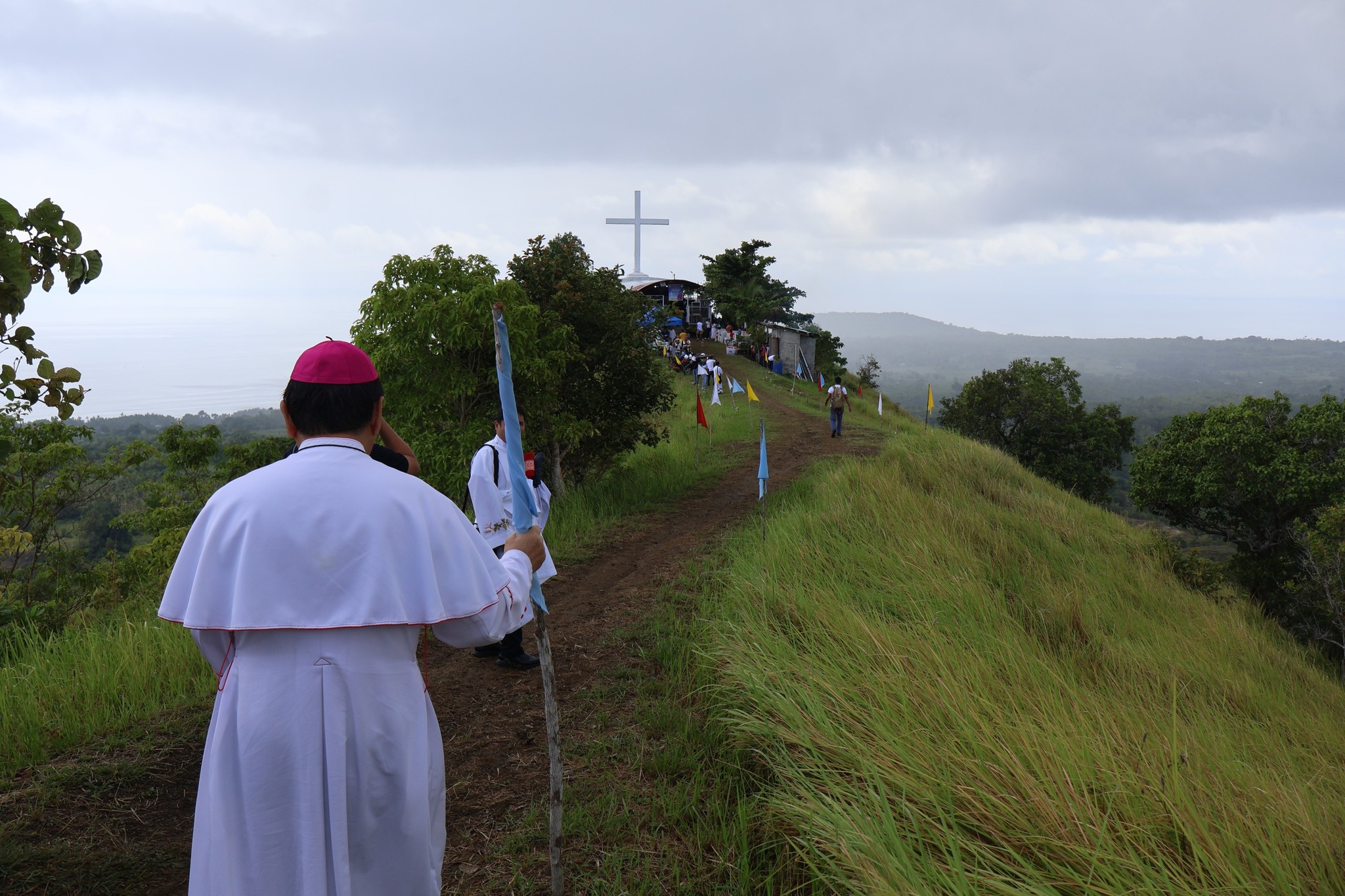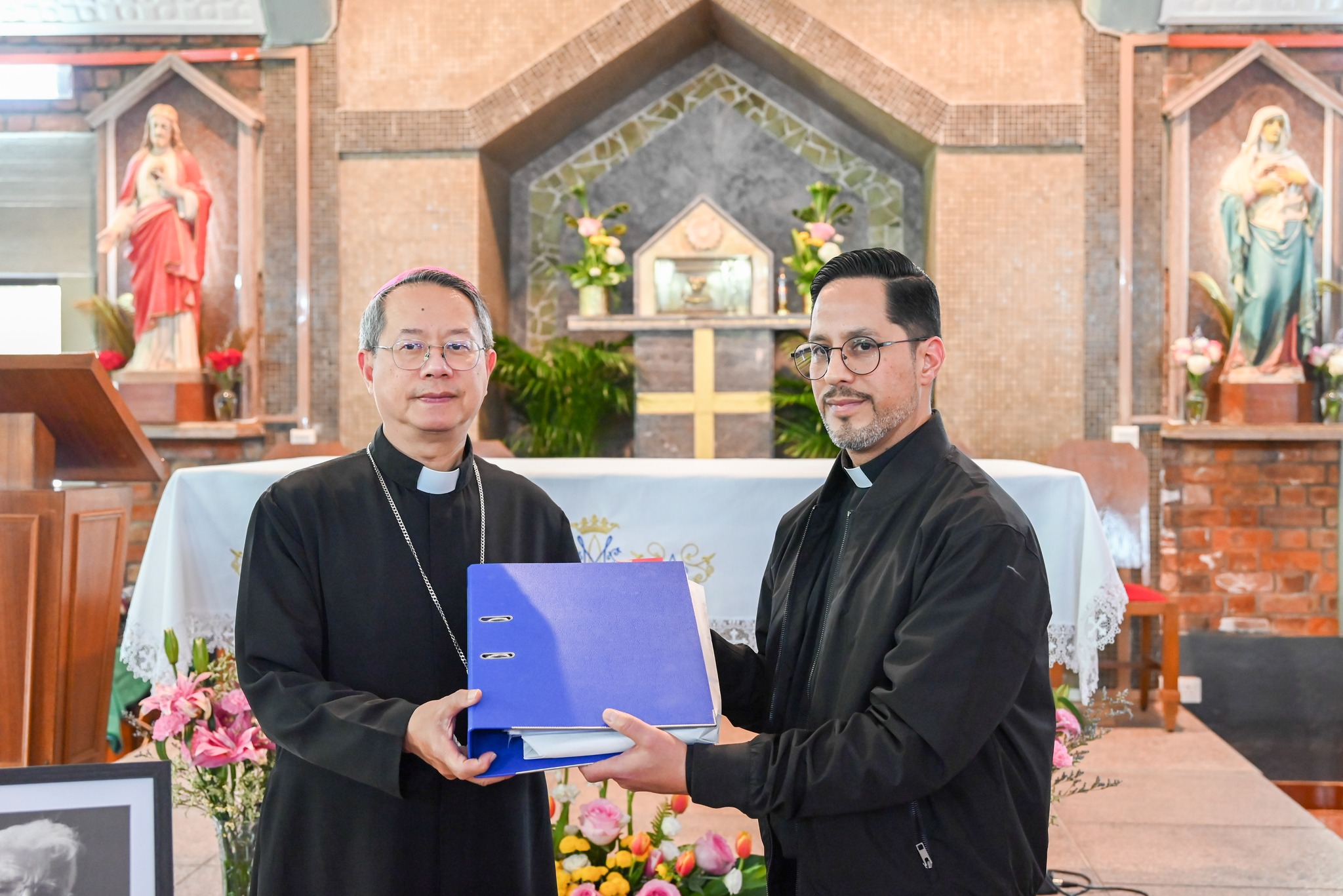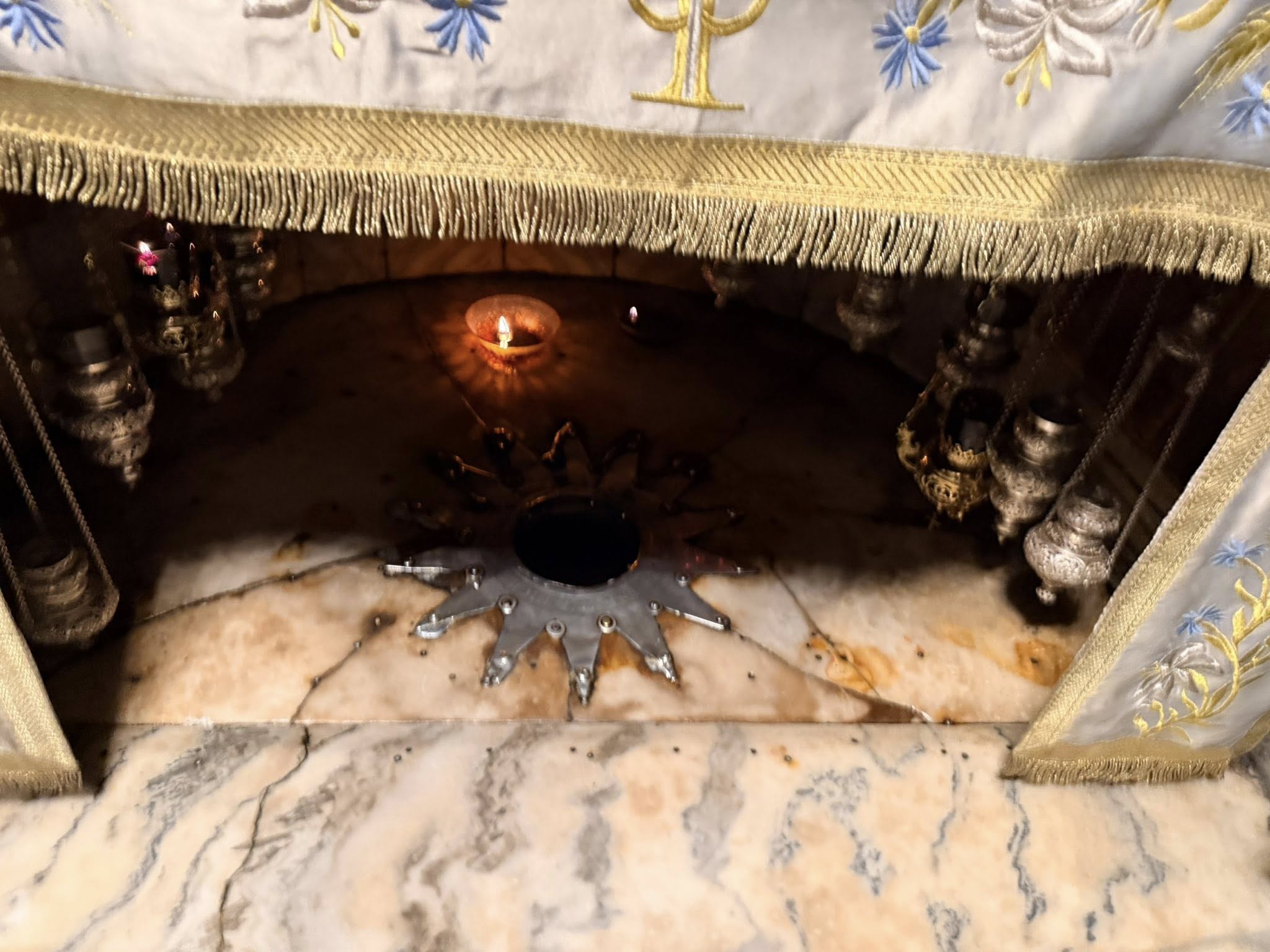Joaquim Magalhães de Castro
Patriarchs of three indigenous Churches historically rooted in Syria signed a joint appeal to stop the “horrible massacres” perpetrated in recent days in several provinces of the country by jihadist militias, with a particularly serious impact on the communities of the Alawite minority. They denounce an “escalation of violence that has led to attacks against innocent civilians, including women and children.”
According to sources within the Alawite community itself, the number of victims of these attacks exceeds 600, and some even speak of “thousands of deaths” at the hands of government militias led by the Hayat Tahrir al-Sham (HTS) group, linked to Al Qaeda. The wave of violence began in the coastal provinces of Latakia and Tartous, following ambushes carried out by remnants of the former army loyal to Bashar al-Assad against members of the current Syrian Military Operations Command. The reprisals were directed especially against Qardaha, the hometown of former President Assad, and the coastal city of Baniyas, leading to massacres and extrajudicial executions against the Alawite community, a religious minority of Shiite origin to which both the Assad family and a large part of the leaders of the regime deposed last December belong.
The appeal by the leaders of the Churches in Syria, made on March 8, was signed by Greek Orthodox Patriarch Yohanna X, Melkite Greek Catholic Patriarch Youssef I Absi and Syriac Orthodox Patriarch Mar Ignatius Aphrem II.
On behalf of their respective Churches, the Patriarchs condemn “the massacres of innocent citizens” and demand an immediate end to these “atrocious acts, contrary to all human and moral values.” They also call for the necessary conditions to be created “to achieve the national reconciliation of the Syrian people” and to begin the transition to a State and a society based on “equality of citizenship”, far from “the logic of revenge and discrimination”. The Patriarchs also reject assumptions and attempts to dismember the territorial unity of the Syrian nation.
However, the prospects for a paradigm shift are not very encouraging.
Already in January of this year, Archbishop Jacques Mourad, a monk from the Deir Mar Musa community – held hostage for months by Islamic State terrorists in 2015 – had expressed his concern about the change in regime. What he sees and hears today, as the Syrian Catholic Archbishop of Homs, does not in any way correspond to the dominant narrative in the media, especially in the West, which reports “a successful and peaceful regime change” with new Islamist leaders “seeking international recognition” after more than 50 years of Assad clan rule in the country.
Mainstream media coverage, for example, fails to mention the widespread violence and fear that once again darkens the days of much of the Syrian population. A violence that – as Jacques Mourad admits to the Fides news agency – “seems to be a trap into which all those who come to power here fall”.
People continue to disappear, prisons are increasingly crowded “and you never know who is still alive and who is dead.” Accused of collusion with the previous regime, countless people are being executed in the streets or in their own homes. The archbishop reports several cases of young Christians who have been publicly threatened and tortured by fanatical Islamists with the intention of instilling fear in them and forcing them to renounce their faith and become Muslims. These are crimes that usually occur far from Damascus.
Hoever, in churches, since the fall of the Assad regime, in many respects everything seems to continue as before: services, processions, prayers and charitable works take place as usual. The new rulers did not issue any binding regulations that in any way affected the daily life of the Church. The strongman of the new regime, Ahmad Sharaa, also known as Abu Muhammad Dscholani, leader of HTS, former member of Al-Qaeda and ISIS, who declared himself ‘interim president’ of Syria on January 29, even met with Father Ibrahim Faltas and the Franciscans at the end of 2024, having addressed words of praise to Pope Francis and even calling for the return to Syria of Christians who emigrated during and after the civil war.
But the truth is that, as the prelate of Homs denounces, “when the confiscation of weapons held by civilians began”, the Christian and Alawite were immediately disarmed; on the other hand, no one took the weapons away from the Sunnis… In truth, it is necessary to understand that, in Syria, “there is not really a government”. There are different armed groups. Some are fanatics, some are not. And each one has its own power and imposes its own government in the areas it controls. And everyone has a lot of weapons.
Like the other bishops, Jacques Mourad met with representatives of the new forces in power. From them he have heard comforting words, but not only have things not changed, they have gotten worse, as evidenced by the recent massacres, which the Western media have ignored and European leaders have shamefully sanctioned.
“The Bashar al-Assad regime,” explains Archbishop Mourad, “presented itself as the defender of Christians. They always said: if we leave, the fanatics will come back.” And indeed, that is what is happening now. Many Syrian clerics are pessimistic about the future and their followers, now more than ever, see no alternative but to leave the country.


 Follow
Follow


